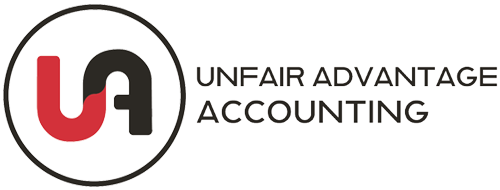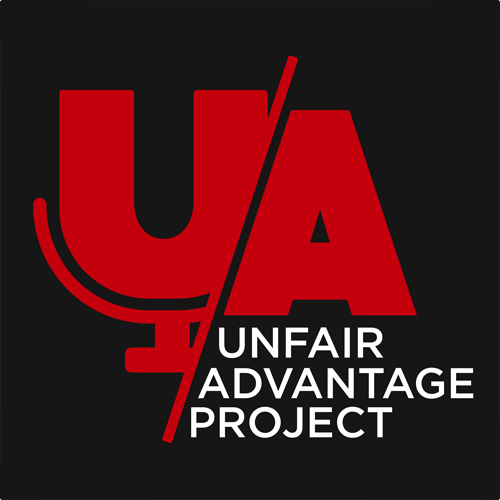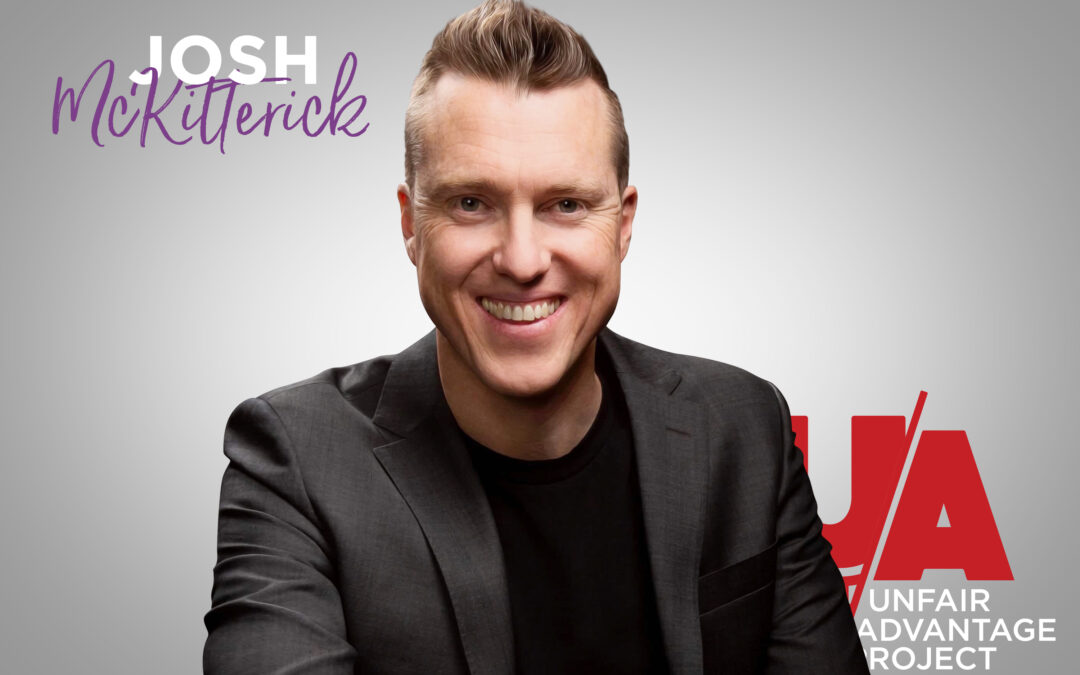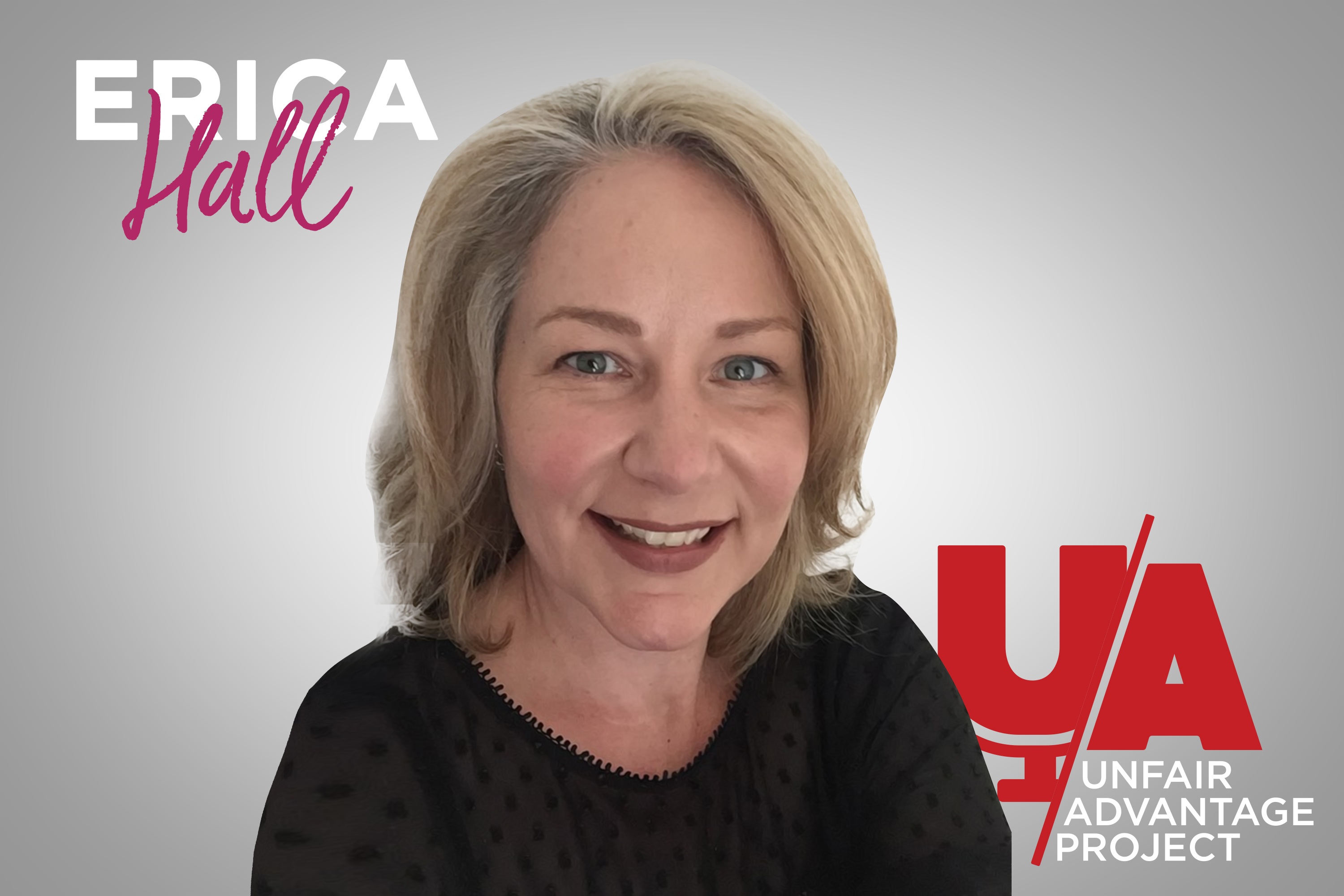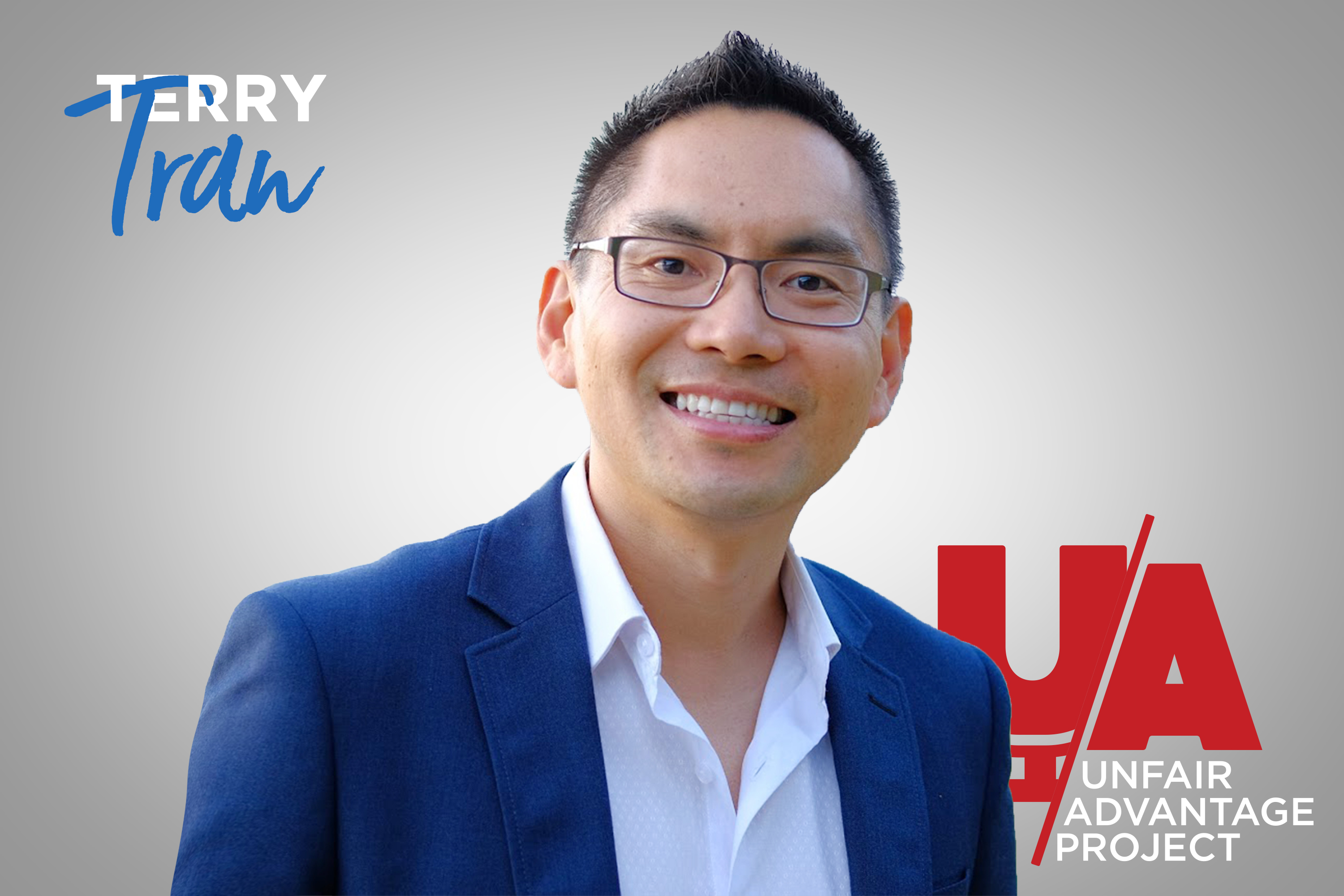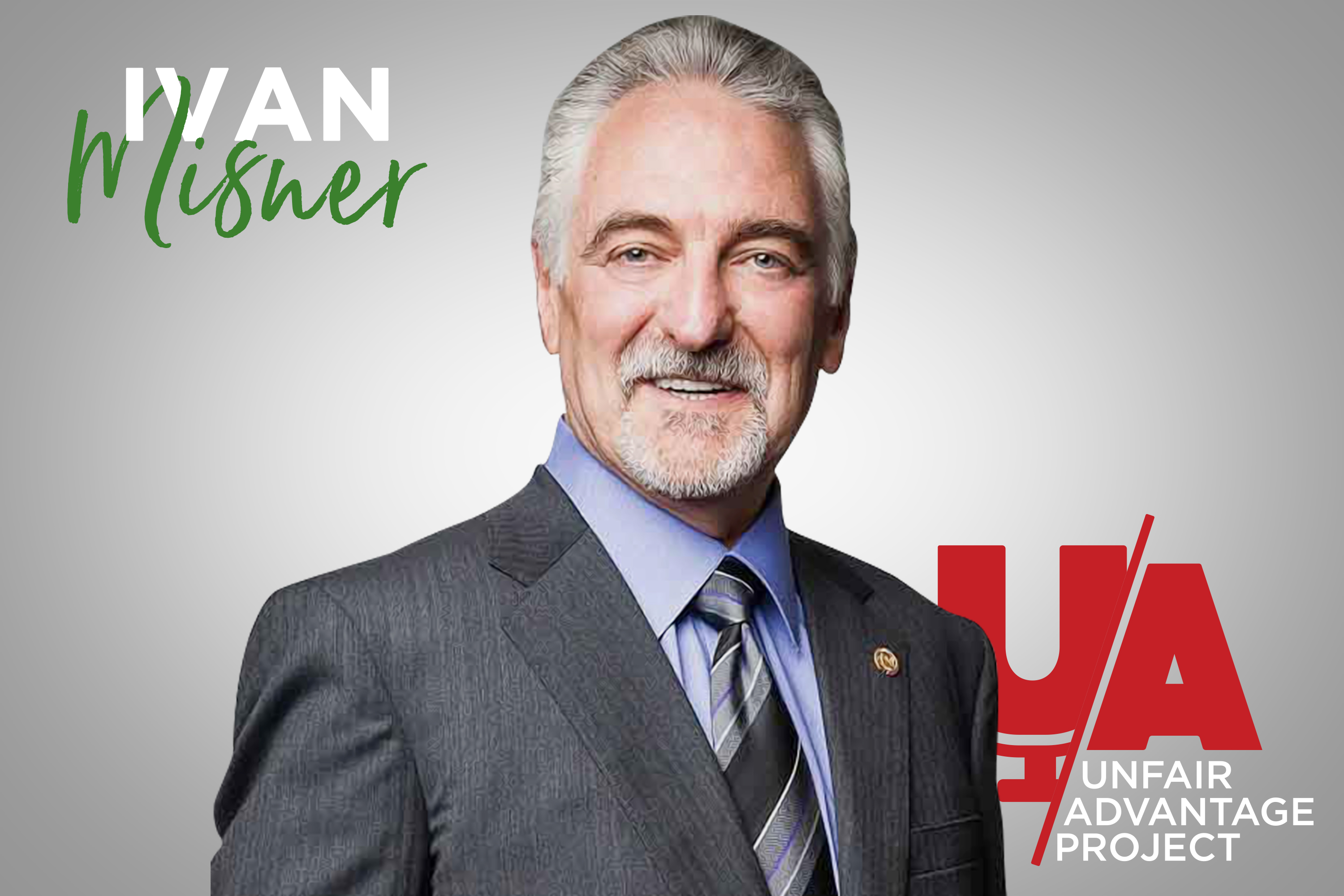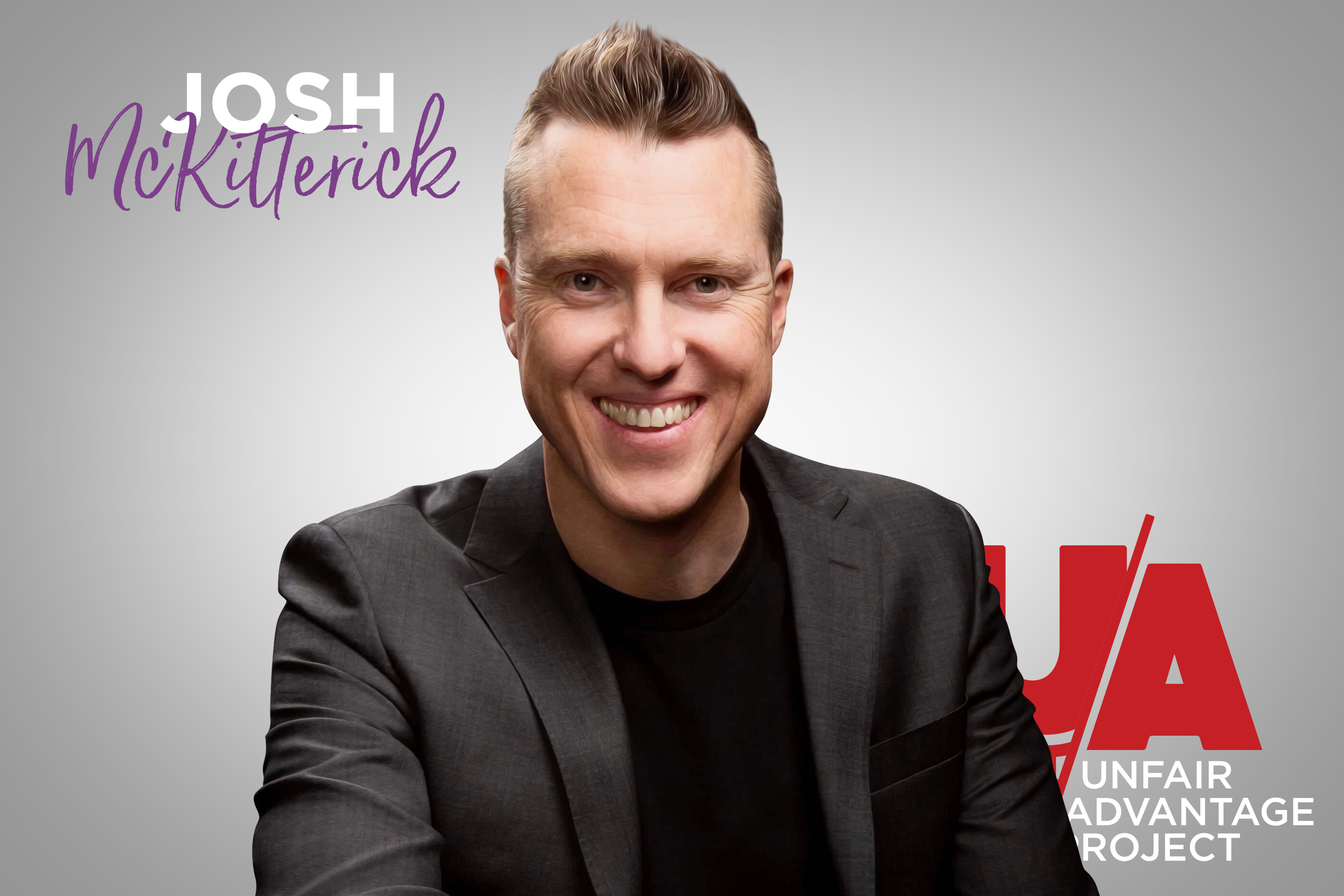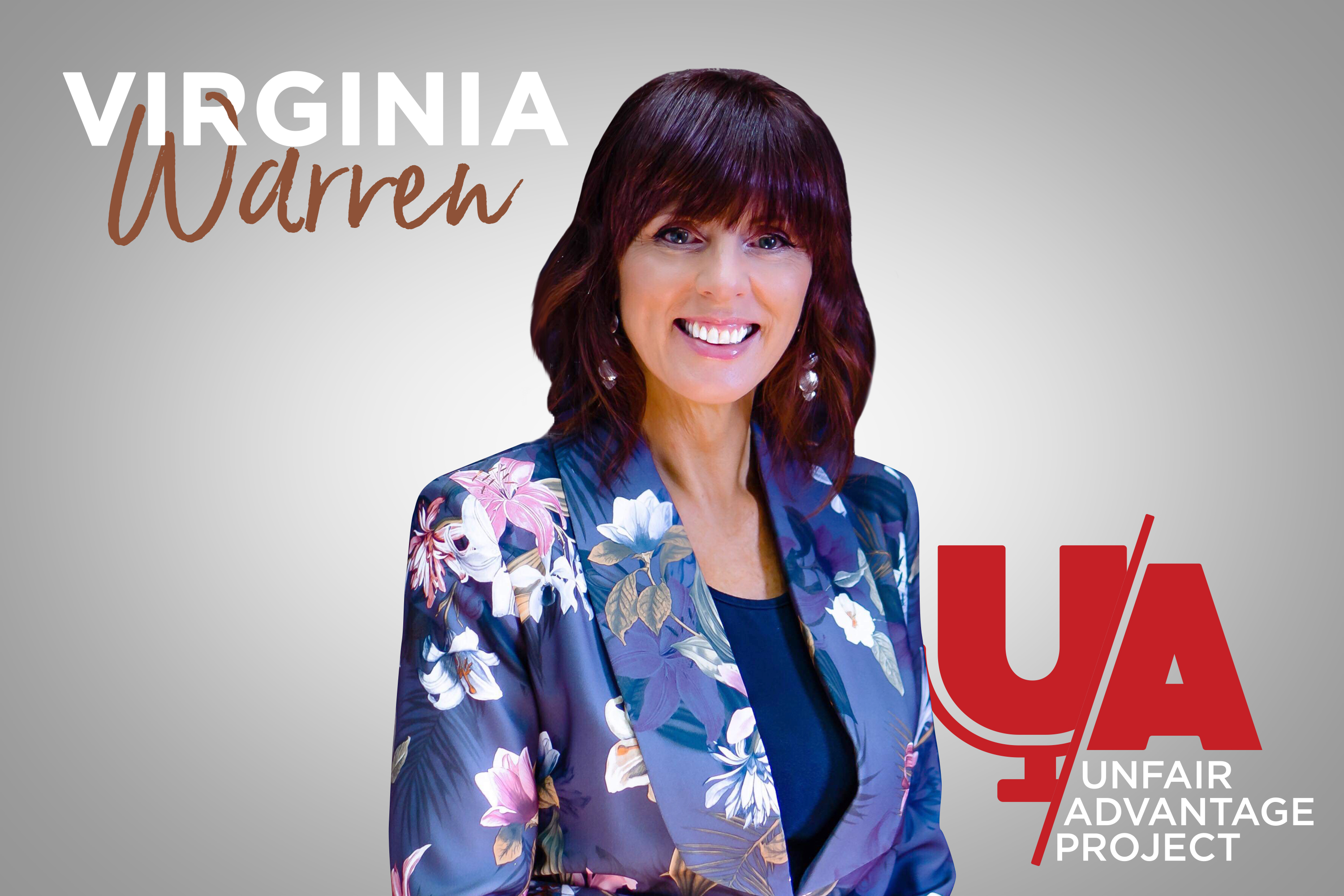Podcast: Play in new window | Download
Subscribe: Apple Podcasts | Google Podcasts | RSS
Show Notes:
Josh hangouts with the smartest kid in class to learn how to pass the exam. [2:21]
Josh shares his highest value. [2:59]
Building a different way of learning. [7:58]
Josh’s explanation on how he absorbs information and be able to teach that information [9:12]
Recipe on how to clone yourself. [12:54]
The importance of being in context. [15:29]
Building rapport. [16:59]
9 box principle [24:37]
Josh in trusting real estate agents. [29:02]
High Trust selling in sales process. [29:30]
The biggest struggle of trainers. [33:09]
A wise word from a smart motivational speaker [36:10]
The best way on how to make the framework works best. [38:01]
Tips on how to manage your or to keep going on the things that you’ve been doing [40:31]
Follow Josh McKitterick:
Website – https://www.rockstartrainers.com
Email address – josh@rockstartrainers.com
Facebook – https://www.facebook.com/rockstartrainers
Twitter – @swingjoshi
LinkedIn – https://www.linkedin.com/in/joshua-mckiterick-26a8777b/
Josh McKiterick 0:00
What some students come up and learn how to do hospitality, right. And what I found was my trainers were walking behind the bar and teaching them to make a mixed drink and they would start by saying, what we’re gonna do is we’re going to make a vodka and orange juice. So just jump behind the bar and do that. And the kids would freak out because they had no idea what vodka is. They knew what Bundy was and rum water and Jack Daniels. But you know, they might not know what tequila was or they didn’t know that rum was also white.
Narrator 0:33
Welcome to the Unfair Advantage Project. Unique perspectives, practical insights and unexpected discoveries directly focused on giving you the unfair advantage. Introducing your hosts, Nadia Hughes and Terence Toh.
Terence Toh 0:52
Welcome to the Unfair Advantage Project. I’m Terence Toh one of your co host today I’m joined by Nadia. Good morning, Nadia.
Nadia Hughes 0:58
I’m, Nadia Hughes from Unfair Advantage Accounting, and I’m very happy to be here.
Terence Toh 1:03
The rebrand Unfair Advantage Accounting. I love it.
Nadia Hughes 1:06
Yes.
Terence Toh 1:08
And today, very special guest someone, a friend of mine, I called him my friend I reckon. Josh McKiterick, who works with experts and helps them to produce world class training. And today, he’s gonna have a chat with us about how to clone yourself using communication framework. So good morning, Josh. How are you?
Josh McKiterick 1:27
Terence, Nadia. How are you this morning? I’m well.
Terence Toh 1:30
We’re amazing.
Josh McKiterick 1:31
That’s good.
Terence Toh 1:33
Especially Nadia.
Nadia Hughes 1:33
Yes. So you said you helping experts? How did you come to this point, when you can help experts. I can’t see myself approaching experts and go, Okay, I can help you.
Josh McKiterick 1:48
For me, it started in high school. It’s funny when I think back to this, so I get an amazing score in high school and high school was amazing, very easy for me. And I remember walking in the door with my e 12 results. And I got in the top 5% in the state and my mother’s jaw hit the ground. She’s like, how the hell did you do that you never did any homework. You play basketball every night after school. I’m shocked. And I said, Mum, the thing is, I know I don’t study. But what I’m really good at is like I’m a smart guy and a really good systems. But what I would do is, I would just find the smartest kid and hang out with them for like 45 minutes and get them to teach me how to pass the exam. So I just extract their expertise. And then I would sit to the exam. And I would do it. And I’ll get like 80 or 90% on the exam because I’m just doing what the expert did. And it was easy for me. Of course, the problem with that is three days later, the information fell out of my head. But it got me a great result got me the university and got me out of the country town that I was in. So I’ve been doing it all of my life.
Nadia Hughes 2:54
And you keep doing it.
Josh McKiterick 2:55
Yeah, well, it’s really been fun, you know, I get to hang out with amazing people. I guess for me, the most important thing is my highest value is two things, the learning and freedom. So I want to make sure that I’m in in Korea, where I have a lot of freedom, I get to do what I want when I want. But I also want to learn. And I don’t want to learn from institutions that teach rhetoric, the way things that have always been done. And I spent a long time at university learning that it wasn’t the place for me to be. And after five and a half years, and I was at Melbourne University or Premium Australia institution, I realized that style of education was a not what I wanted to be involved in. And I believe, and what started to do was to go and find experts to learn from and even when I was learning from them, when they design their training, the best learning I got was when I’d hang out with them in the break. So I have a phone call with them after the class and I could rapidly extract what I wanted to learn. And they would find in the process that they would learn a lot more about what they were doing, and that installed those conversations in their training. So it’s just a kind of thing that I’ve always been really good at. Does that makes sense?
Nadia Hughes 4:07
Yeah, it makes total sense. Because we’re here to learn from you, when you go to exactly 45 minutes, we will forget them three days.
Terence Toh 4:15
Josh, I just want to expand about wasn’t working for you in terms of the learning. When you know, when you add a big institution?
Josh McKiterick 4:24
It was several things one, lot of people in a classroom two or 300 students, they tend to. So first thing’s there’s a lot of people. The second thing is they did this thing where they thought that learning was around the quantity of the time that you spent, not necessarily the quality of the time he spent every week every week and have to spend 36 hours in classrooms. And it was just exhausting. And I felt like they were giving me rather than giving me the 20% of information that I needed, that would get the 80% of the role, the results that we give me 100% of the information and I couldn’t sort the data, I didn’t know what had the highest impact, what made the difference. And I just got overwhelmed with data. And so that was the second thing. The third thing is I felt like the trainers were giving me what they were really interested in, not necessarily what I needed to solve the problems that I had.
Terence Toh 5:16
Yeah.
Josh McKiterick 5:16
Yup.
Terence Toh 5:17
I love that. So what do you do differently?
Josh McKiterick 5:22
I cut to the chase, call a spade a spade. If somebody offers me something, and I go to market, it might be relevant later. But right now, that’s not what I need. So big difference for education is if you give something to someone, and they need it, they’ll take it. But if they don’t need it, it’s really challenging for them to store it and keep it so just pocket money, I don’t give it to them. That’s the big difference.
Nadia Hughes 5:47
And I guess we all are victims of institutions. I have done so much. It was formal education. It’s not even funny. What I like about what you have said is the idea of having this uniformed approach, big mass is collected in this theater, and we all being shoved down very vast knowledge which we then have to process without any scheme to process it. And then it’s solid waste. And if there is a rock theory also kicks in that time over quality of information, we just do our time five years, and suddenly over recognized experience something where we initially met effect we just done our time in the institution.
Josh McKiterick 6:29
Yes.
Nadia Hughes 6:30
Correct, and now I think it’s come to the point of crisis, because there are so many courses that are so many additional education as well as people just set up very brief courses around is it really it all comes to the value of information we received? Would you agree?
Josh McKiterick 6:46
Yes, Absolutely.
Nadia Hughes 6:47
And you want this value in very concentrated form, where you can go take it and implement it straight away and fix whatever you want to fix with this knowledge.
Josh McKiterick 6:57
That is exactly if I’m learning in during that day, I want to be implementing it within 24 hours to see if it works or doesn’t work if it’s valuable or if it’s not.
Nadia Hughes 7:05
So if I would be looking at solutions, dilute the knowledge, what type of solution would it be, and you want just a very concentrated version of it.
Josh McKiterick 7:15
That’s a really good way of putting it. Look, I also have this other thing. And it took me years to realize that I can’t make pictures in my head. Like when I close my eyes, some people can say picture of beach, I can’t do that it’s blank in there. And I didn’t know this for a very long time, apparently 10% of the population this is true for. Now, the problem with this is, the majority of education works on memorizing things. I can’t memorize, I can’t make pictures, the only I can’t memorize things in my head, I can only exercise them and practice them and get the skill and then I have the body knowledge. So it was really difficult for me being in an in an institution where they were saying remember, remember, remember, without doing the skill. So what I had to do is to build a different way of learning. And I actually find that is a really valuable way of learning. And it’s a better way to learn for most people. So get it out of your head and get it into your body as fast as possible.
Nadia Hughes 8:10
How did you do it?
Josh McKiterick 8:12
Trial and error. What I did is after university, I went and studied with a lot of amazing people at the time, that help listing swing and blues dancing. And so I would go to workshops on the weekends. And when I say weekends, I mean every single weekend, and I was teaching three or four nights a week, I was also working out in hospitality managing bar. And I would practice teaching with my students and serving students and everything I would take from the weekend I would put into practice, a lot of what I was learning was around communication strategies and how to get people to shift and move to have a great time be well behaved, and to know how to operate in the spaces that I was holding them. So in a dance class, there’s etiquette. And when you’re in a bar, there’s etiquette. And I need to make sure that people are constantly in a good mood and being well behaved. So learn, practice, learn practice. That’s how I did it. Yeah.
Terence Toh 9:05
What have you found is the best way for you to absorb information and then need to be able to teach that information?
Josh McKiterick 9:12
What I need to hear from the person that I’m learning now, if this is around communication strategies, what I would do is get very clear on what is it that they’re trying to achieve? And then how they go about it. What I don’t necessarily want from someone is a script of what they say, but I prefer to have samples of what they say, and have them chunk up to principle to go what is what do you say this thing? Ultimately, what are you trying to achieve? And then I just follow the order of what they say. And if I do that, I find it’s really easy to get the same result that they get. So I just kind of copy, but not the baton at a principle base level.
Nadia Hughes 9:51
So can we practically just what are you actually doing? Because I still not very clear, I’m very sorry. But let’s just in a practical example, how Josh can help her with business owners.
Terence Toh 10:02
Well, like so hopefully help you but hopefully help, not the other way around? They I quite often. So when I’m speaking with the business and are quite often hear the phrase, I just wish I could claim yourself, you know, oversight by myself everything, it’d be fine. Yeah. And my response to that is probably, you know, no, that’s actually not what you want to do things a little bit differently. But I think that’s, you know, it’s like a common wish for someone to say, Well, I know that I can do things at this level, all day, every day. And I know that I have difficulty then passing that, that task or that project or whatever on to someone else. And that for them to be able to get the same level of success doing exactly the same thing. So really simple example would be at a sales level, right?
Josh McKiterick 10:56
Of course.
Terence Toh 10:56
Some people sell really well and particularly, you know, generally a business owner and entrepreneur will be fairly good at sales, right? But then I try to pass it on and you get instant failure almost. And they they just point the finger at the person doing it. And I think what we’re talking about here is that by constructing these communication framework, we can change the outcomes.
Josh McKiterick 11:19
That’s right.
Nadia Hughes 11:19
That’s something that’s
Terence Toh 11:21
Nadia likes to practical something.
Josh McKiterick 11:23
Before we do that. So can I just say my version of what I heard you say then?
Terence Toh 11:28
Yeah.
Josh McKiterick 11:29
I completely agree with you. There’s a lot of business owners were excellent at what they do. And most businesses were built out of just in. And that expanded and extended. And what they want to do is, and I’m sure this happens when you work with from Terence is that they you know, you say delegate, automate, give the things that you do to other people. And the business owner says I can’t because they stuff it up, every time I give it to them, they fail, they don’t get the results that I get. And because they don’t get the results that I get, I can give it to them, which means I need to hang on. And this is a flawed strategy. Because what happens is the business owner is trying to be controlling, rather than trusting, but haven’t resolved the person that they’re trying to hand a thing over to to be able to trust them. So the purpose of the communication framework or strategy is that you say, here’s how, here’s what I’m doing, here’s how I go about doing it and you help the other person to be able to be you in the situation was also being self, and then you’ll be able to trust them to get your results. Yeah. And effectively automate.
Terence Toh 12:35
I like that. That’s great.
Josh McKiterick 12:37
Cool. Shall we do one?
Nadia Hughes 12:38
I’m writing this one.
Terence Toh 12:41
Nadia is taking notes, if Nadia is taking notes it’s a good
Nadia Hughes 12:45
I’m not that much of a hard mask.
Terence Toh 12:49
Yeah, so what are we going to go to a bit of a practical example.
Nadia Hughes 12:51
Unless if you how to clone yourself?
Terence Toh 12:54
No pressure.
Josh McKiterick 12:54
Here’s a recipe how to clone yourself. So let’s actually use an alive example. We have an expert in the room. I’m going to call you the expert today. Terence. Terence, what’s a communication strategy that you use that you’re amazing at? What’s something that when you have this type of conversation with someone, it just goes really well, every single time?
Terence Toh 13:14
I thought my most of my conversations go pretty well.
Josh McKiterick 13:17
If you want to have a conversation with someone to get to a desired outcome, like it’s a very fixed outcome, and you want to move them towards that goal.
Terence Toh 13:25
Sure. I think I was gonna say sales, but that’s too easy. I think. I think negotiation.
Josh McKiterick 13:33
Okay.
Terence Toh 13:34
You know, so negotiating win win situation, from what might be a win, lose or lose lose, I guess, being able to negotiate much better win win outcomes.
Josh McKiterick 13:47
Right. So what we have is a sales conversation or we have a negotiating win win to start the negotiating win win is going to have more variables. So is it okay, if we start with the sales conversation for the sake of the podcast?
Terence Toh 13:58
Sure.
Josh McKiterick 13:59
Perfect. Okay. So when I’m building a framework, what we’re trying to do here is to take an expert piece of Terence’s knowledge and converted into a map that somebody else can follow that if they have this conversation in this order with somebody else, they’ll likely get Terence’s results. That’s what we’re going for. So the first thing that I want to do is ask, and as I’m doing this, I’m kind of drawing on my page a long rectangle with a few boxes, because I’m sure there’s going to be a few different segments. So Terence, what’s the first thing that you do in the sales conversation?
Terence Toh 14:34
Rapport?
Josh McKiterick 14:35
So you do rapport, how specifically do you do rapport?
Terence Toh 14:39
Hi, how are you today? Just general conversation. Hey, Josh. Get to know the person a little bit. Create, or the relationship is the relationships not already there, start creating some of that or
Josh McKiterick 14:50
Right.
Terence Toh 14:51
or really, you know, just just go a little bit deeper on the relationship.
Nadia Hughes 14:55
It’s a very nice, civilized way, when I meet people I shoved them aren’t just ambushed them,
Terence Toh 15:00
and Nadia is shock them all.
Nadia Hughes 15:00
and I intrigued them and they follow me because they want more of these. And,
Terence Toh 15:04
yeah.
Josh McKiterick 15:06
What I’m hearing is that you have two different strategies for the same outcome, which is to connect with people fast.
Terence Toh 15:12
Yeah,
Josh McKiterick 15:15
Yeah. So yeah, Nadi does this. Terence does that. But the outcome is I want to connect with you. Now once Terence, you’re connected, what’s the next thing that you do? You’re in rapport.
Terence Toh 15:27
And so this is in the context of a sales conversation, right?
Josh McKiterick 15:29
That’s correct. Always important to the in context.
Terence Toh 15:33
Yeah. So the next thing will will, will be to start looking. And admittedly, there’s different versions of a sales conversation. So let’s call this an upfront conversation with somebody who maybe doesn’t know me that well, the next question, really to find out where they need help.
Josh McKiterick 15:50
Okay. So we’ll need help. And how might you go about finding out with any help?
Terence Toh 15:57
Yeah, you might, you might ask, you know, why are we having this conversation right now?
Josh McKiterick 16:04
Okay, great. And you’re going to elicit what like, what have you elicited in order for you to know that you understand if they do or don’t need help? What kind of things will you be hearing?
Terence Toh 16:16
Yeah, so we’re looking for a response, them? Basically, we’re trying to elicit a deeper response.
Josh McKiterick 16:26
A deeper response, no worries.
Terence Toh 16:27
So a surface level responses, I’m not really sure. You know, this person told me I should speak with you. A deeper response is, I’ve recognized that I’ve been in business for the last 10 years, and I’ve been doing it on myself.
Josh McKiterick 16:41
Hmm.
Terence Toh 16:42
And although I’ve had some success, I’ve realized that I probably should be a lot more successful for my current level of ability, and what I can help my clients with.
Josh McKiterick 16:52
Perfect. So what you’re doing is you’re determining if they need help. And you’ll only do this one to get to them giving you a deeper response.
Terence Toh 16:59
Yes.
Josh McKiterick 16:59
Perfect, so we’re in rapport, they’ve given me a deep response. And I know they need help, then what happens?
Terence Toh 17:07
Then we start looking at, I guess, the reality of the situation now.
Josh McKiterick 17:15
So you look at the reality of the situation now and I’m sure that they will divulge to you certain, perhaps once again, deeper and vulnerable pieces of information. And once you feel like you’ve unpacked the reality, then what happens?
Terence Toh 17:28
Then we’ll have it I mean, for me, I’m getting a much clearer picture. And actually for them, they generally getting a much clearer picture of their own situation.
Josh McKiterick 17:38
Perfect. Once you have this clearer picture, what’s the next thing that happens in this process? So we’re in rapport, you said, Hi, you’ve determined it, I need help. Because we’ve gone deeper, you’ve asked for the reality, and you’re both getting a clearer picture. Now what happens?
Terence Toh 17:52
Yeah, so now we’re looking at possibly where they want to be. So exactly the result that they’re trying to get?
Josh McKiterick 18:00
Right. And once you’ve determined this result, and once again, they had a clear picture, and you had a clearer picture of the result. What’s the next part of the sales process?
Terence Toh 18:07
What’s in your way, right now?
Josh McKiterick 18:10
Aaah, what’s in your way? And what do you do this? What’s in the way piece of the process? What are you trying to understand for yourself? And what are you helping them understand?
Terence Toh 18:20
Well, there’s those two paces, because there’s only a point in me working with someone if I can actually help them.
Josh McKiterick 18:27
Right.
Terence Toh 18:28
So from my point of view, I want to know if I can help them and how I can help them.
Josh McKiterick 18:35
So this is a if, if I can and how I can. And let’s say you’ve determined that you can, then what happens?
Terence Toh 18:40
I guess then we’ll move on from that point, and figure out how urgent is this is for them. Like how much of a how important that is to them right now?
Josh McKiterick 18:51
Right? So you build an urgency PT, or do you need right now? Or do you like?
Terence Toh 18:55
Yeah,
Josh McKiterick 18:55
So this will help them?
Terence Toh 18:57
Now or is it important to you in six years from now, because we can always have this conversation again in six years from now. But if it’s important to you, right, now, let’s let’s talk about that.
Josh McKiterick 19:06
And let’s say that these urgent than what happens?
Terence Toh 19:09
Yeah, so then we’re moving on to the next pace, where well basically just for me, I’m just clarifying all of the previous points, I’m just going back through and, and clarifying with them that I’ve actually got the conversation, right, and that I’ve got a full understanding and that and also that they’ve got a full understanding on this.
Josh McKiterick 19:29
So I feel like this, we’re getting to the point of the style now. We are going to the sticky end of this framework. At the moment, you’ve had a conversation with them giving rapport, you’ve determined that they need, they need help, because they’ve got deeper, you have a clearer picture of their reality, and their goal, and you understand what’s in the way and if you can help, and how you can help. You’ve determined it and and then you go through and you clarify everything.
Terence Toh 19:51
Yep.
Josh McKiterick 19:52
Perfect. What happens next?
Terence Toh 19:55
The next pace is really just the only thing I’m selling from this conversation, is another conversation so well, here, but but the next piece is say, Okay, well. And I would have made it clear from the outset that this is only going to lead to another conversation. There’s not there’s nothing to buy right now.
Josh McKiterick 20:12
Right?
Terence Toh 20:12
And it’s either, yes. You know, here is synergy here. We’re fit to work together, I can see how we can do it. And I make sure that of course they’re on the same page. From that point. That’s it.
Josh McKiterick 20:26
Perfect. And I’m assuming that they’ll agree to have another conversation with you where you can get closer to actually doing the transactional purchase.
Terence Toh 20:33
Yeah. So provided of course, that there is something for us to work on. And that makes sense for us to work on. So if any of those pieces don’t work, you know, if it’s not urgent for them, like I said, if they say I want to do it in two years time, that’s totally cool. We can use time. But there’s no point us talking about now, because so much can change within a next few years.
Josh McKiterick 20:54
Of course. So what I’m hearing here is that you’re getting in rapport with the people that you’re pre framing that you’re only selling in another conversation right now you determine if they need help the reality, their goals, what’s in the way, if it’s urgent, and then you clarify everything. And then if there’s been ticks all the way along, then you say, Great, look, I think we’d be a good fit. And then I can help. How about we arrange another time to chat? Does that sound about right?
Terence Toh 21:18
Yes.
Josh McKiterick 21:19
Perfect. Okay. Here’s the thing. So this sounds like a great sales framework. And I’m just looking at it. And I’m comparing it to some of the other frameworks that I’ve worked with what I’ve done with other experts who are great at selling. And what I’m seeing is some universal principles stand out of getting rapport make sure that you put up front what is the outcome of this conversation saying with clients at is urgent and getting into the selling a next conversation? Here’s the thing. When you see other people trying to do a sales conversation, where do you see them getting this wrong? Did they miss the box. Did I get the boxes out of order? What happens?
Terence Toh 22:00
Yeah, so when I’m in a sales conversation, Nadia just mentioned something from another podcast that we did a while back, with Ivan Meisner, something that came up call premature solicitation. And it’s probably true.
Josh McKiterick 22:13
Right.
Terence Toh 22:16
That the premise to a solicitation is where I think a lot of people come on done, because just realizing that we need to really take people through this entire process to make sure that it’s a fit before we go and try to even make them an offer. It’s like, I think, where I see a lot of other people come on down, is it, they don’t have a full understanding of someone’s situation? You know, if they can help them exactly how that looks before they even make an offer. And that’s the whole point.
Nadia Hughes 22:43
I guess it is a where I get them done for me where I see if I may interject here, is they basically trying to sell this is where I look at it, then go? Yes, we’ll call it sales process. But reality is you have to move so far away from these old person sales, you can you can aggressiveness of this bush, you have to intrigue more and want them to talk to you more. This is what Terence exactly doing. He’s not committing them at the beginning to buy anything. He’s securing as a conversation, whereas the key can get more clear understanding of the needs, process and sells them something he’s wants to resolve for them something.
Terence Toh 23:27
Yeah, I think we’ve had a bit of a conversation before this about this in the past, Josh, I think we see a lot of people focusing on the products and not the problems. And so when you become the solution to the problem, it’s a different type of a sale. I mean, you go to a specialist, not medical specialist, because you have a problem, and they have the solution. And that’s a completely different. It’s funny that we don’t tend to think of those as being sales conversations. But there was definitely an exchange of value. And generally, there’s an exchange of large amounts of money, right. So here, but it’s interesting that, you know, we don’t see that as being a sales conversation because we don’t tend, a lot of people don’t view that as a sales conversation. They view sales as being something different step but that’s exactly what sales is.
Josh McKiterick 24:16
Got it. So yeah, what I see is, as I said, a universal framework going on here. What’s interesting for me, not only what you included, was, it’s one thing to have this framework sitting in front of you of basically like steps to follow. What I have written in front of me on my iPad here, and if you do here, clicking in the background, that’s me, tapping away with my pen is I’ve kind of got about nine boxes in front of me. Whenever I’m building a framework, it’s a three by three grid, I always think about it as paddocks. And at any stage that I’m going through a conversation with somebody, I’m just moving them from Patty, Patty, Patty, making sure that I get the result that I want from the first Patty before I move them to the Second Patty by A if we’re not in report, I can’t preframe that we’re going to sell a conversation. If I haven’t preframed, I can’t ask them if they need help. If I haven’t determined if they need help or gone deeper, I can’t ask them for reality. So I’m always moving this from step to step two step. So that’s the first thing. The second thing that Nadia offered was really important and that is, even if someone was to follow the framework, if they’re not in the right mindset, if they’re not thinking about the framework in the right way, it’s not going to work, because it’s one thing to do the practice, but it’s also important to adopt the belief of the expert. And as Nadia said, even though we call it sales, we’re moving as far away from the transactional sale as possible. And that’s so important. So it’s one thing to have this framework. And the second thing is to have the mindset. Does that make sense?
Terence Toh 25:45
Yeah, we’re following.
Josh McKiterick 25:47
Perfect.
You’re writing stuff down, like,
Nadia Hughes 25:50
Can I just ask you about this nine products? Do you have them name, labeled those products?
Josh McKiterick 25:58
Yeah, so what I would do, let, let’s talk now about how the transition this, it’s one thing to unpack it from the expert, and tidy it up. So it would make sense to somebody else. Now what I need to do is, and let’s think about the context of your client, they would need to and we’re assuming in this context, that they’re the expert. So if I was sitting opposite them, I would get them to perform a piece of expertise on the plane going overhead. And I would capture it, and I would build it. And then I would say you need to present this to a staff member. So for them to get the same results or team member, I would first of all, label each of the box at the level of principle. So the first box might be written the the second box might be preframed, the third box might be reality goal in the way urgent, clarify, ask, they’re probably the names for the boxes. In the middle of the box, I would not put a script, scripts will get people tongue tied, I would put a few bullet points that kick start the thought like if you get stuck in the conversation, you look at a word and it triggers what to say next. And finally at the bottom of the box, I would put what’s the outcome of doing this, Patty? How do I know when it’s time to move on? I A, when I greet me I can move on when we’re in rapport. When I preframe, I can move on they agreed that conversation. When it comes to reality, I can move on when we both have a clearer picture. So you have what’s it called at the top the principal, some key words to kick start conversation, not a script in the middle. And at the bottom success criteria, how do you know it’s time to move to the next Patty, and then you have a beautiful framework. And if you give that to someone else, and give them the mindset, they’ll be able to follow infidelity, they’ll do a really great job of doing what you do. And I’ve done this time and time and time again with multiple experts. And I’ve done it with, I go into corporate institutions and train senior leaders at bhp ANZ ID and I also help business coaches teach these frameworks to admin and reception stuff. Every single person with different levels of education, if you give them a good framework can repeat the results of an expert, they don’t need to be a genius, they just need a great framework.
Terence Toh 28:20
I love, we went with the beliefs as well. You have any tips on installing the beliefs?
Josh McKiterick 28:25
That’s it, just be really honest about what you’re trying to do don’t bullshit. If you’re trying to build a framework and I did this with someone yesterday who’s in the real estate industry. He built a framework, his ideal version of himself on an ideal day with an ideal client and when we road tested it, it didn’t hold up. It needs to be what would happen on a average day with an average client who’s in an average mood, it needs to hold up in the case of somebody who might not be receptive to what you’re trying to do. So when you’re installing the mindset, you need to get real, be honest, and get very clear on what it is you’re trying to achieve from the conversation.
Nadia Hughes 29:04
I was thinking that real estate says the best sales people, they have so many coaching sessions and every single I listened to this.
Josh McKiterick 29:11
It’s true but here’s a question. Hands up right now, if you trust real estate agents? Yeah, that’s what I thought. So are they
Nadia Hughes 29:21
I once had a very good experience? For example, I had a very good experience with my real estate agent and it’s there is always one.
Josh McKiterick 29:30
Yeah, that’s true. And so Todd Duncan, I heard a great episode from him 10 years ago about high trust selling. And I think that you know, in what Terence is doing is he’s doing high trust selling at the end of the sales process. I go, Terence is a great guy. I trust him to help me and I’m looking forward to the next conversation that I have with him. And so the conversation I had with the real estate agent yesterday was, and you know, what, if he’s nine boxes were high trust, but one of them he was bullshitting me and that would have lost all of my trust as the receiver of the conversation. So we tied their box and may your past, and now the whole thing stood up, do you guys know how trust works, it only takes you know, it might take 10 years to build up and one moment to knock down and you want to make sure your framework is high trust all the time.
Nadia Hughes 30:20
And what’s the difference between high trust and the situation when you don’t trust people? The high trust attributes of high trust conversation.
Josh McKiterick 30:28
Yeah, so I think about this, like, I’m a trainer, I’m like, pure breed training facilitator, and I hang out with a lot of sales people. And what I see is the strategies that people use for sales are very similar to the strategies that they use for training. However, your outcomes are often different. Sometimes with sales, we want to stretch the gap and build the need and in training, we want to close the gap so they can replicate the results. For a sales person, I sometimes feel they walking the top of the mountain and say, anytime you want to come back here, you can pay me a fee and I’ll bring you here. And if trainer says I’ll walk you to the top of the mountain, you now know how to do this on your own your results, go for it. Regardless of whether you’re selling or your training, you always want to remove resistance. You want to make it as easy as possible, a complete no brainer for people to walk with you in the process. So they consistently open minded to receiving what it is that you have to give to them. And I’ve seen tribalism sales, people like you are markedly gifted at this process. And it’s because every single penny that they have removes resistance removes resistance removes resistance, high trust.
Terence Toh 31:43
Yeah, and there’s another thing I think it came up with on episode with Ken Okazaki, which was,
Josh McKiterick 31:48
He’s a smart guy.
Terence Toh 31:49
He’s a smart guy and basically everything that you do needs to build trust. So that’s it. So you can ask yourself that question. Every time you do something, are you building trust? It’s good filter.
Josh McKiterick 32:02
It’s great filter and if you map is like a sales conversation. But before you said, I’m amazing at doing a negotiation conversation. And I guarantee that if we unpack that, which we’re probably not going to do now, that high trust to get win win would be a primary mindset that you’re running? When you’re doing negotiation? Am I right?
Terence Toh 32:22
Yeah, sure.
Josh McKiterick 32:23
Yeah, of course.
Terence Toh 32:25
Yeah, actually, that probably comes back a lot to the beliefs and the belief is to try to get the best outcome for everyone involved. So if you actually believe if you’re legitimately trying to do that, then it’s easy to gain the trust because everything you do, if when you talk about beliefs, everything you do is aligned with that. So it’s really, really simple.
Josh McKiterick 32:45
That’s right.
Nadia Hughes 32:46
Josh, can I just make you very relatable tools? And what do by asking you what do you see most common mistakes out there? When you trying to train somebody you always come, then you can identify pretty quickly with these common issues would be among people who likes to replicate the skill, and boots, in my mind most common struggles.
Josh McKiterick 33:09
The biggest struggle when people who try to train is the world from their own perspective, not the person that they’re giving the training to. And they presuppose knowledge, like they think that the other person knows stuff that they probably don’t. 12 years ago, I was designing training for a hospitality training company and we had a lot of students from Frankston, and the Pines outside of Frankston. And for those of you that live in Melbourne, you know that Frankston is, or was a low social economic suburb, and the level of education ones that.
Nadia Hughes 33:45
There are more homeless in the middle of the Melbourne.
Josh McKiterick 33:50
The beach is beautiful.
Terence Toh 33:51
We’re getting it.
Josh McKiterick 33:52
Right. So what some students come up and learn how to do hospitality, right. And what I found was my trainers were walking behind the bar and teaching them to make a mixed drink and they would start by saying, you know, what we’re gonna do is we’re going to make a vodka and orange juice. So just jump behind the bar and do that. And the kids would freak out. Because I had no idea what vodka is
Nadia Hughes 34:14
In Frankston they don’t
Josh McKiterick 34:15
Well, maybe they knew what Brundy was and rum water and Jack Daniels. But you know, they might not know what tequila was, or they didn’t know that rum was also white. And what we had to do is that pedal education and not presuppose any knowledge. So at the end of the day, the way that we first taught people was with the simplest mixed drink possible, which is take any glass, fill it with ice, take any spirit, put 30 mils in it, take any soft drink, put it in it, and then put it on the bar. And only once they understood the basic flow 5% to make a mixed drink, and then we started teach them about the separation between his you seven primary spirits, he’s a five primary soft drinks, he’s two or three different types of glasses. If you walk in with his three glasses, he’s seven spirits, he’s five softdrinks. People’s brains go, because they can’t compute that much data if they don’t already know the individual chunks. So I always say backpedal it to the baseline, what do people need to know too much information too soon? Does that make any sense?
Nadia Hughes 35:23
Absolutely. As a graduate, they came to the accountant office trying to do what I learned from at uni and none of it might was making sense. So people were talking at me and giving me instructions and they were throwing very specific roles, they were speaking around me account a nice and I couldn’t understand. Because none of the terms were matching quite books read description, text book description. So I was very lost for probably one month I was crying in the toilet thinking what the hell I’m going to do. I just survive, I survive they put me in the back office, to do some admin. That was fun and for half a year, in six months, I was good.
Josh McKiterick 36:07
This is about people’s experience when it comes to education. So how does this apply to the people who are listening to this podcast, there’s a really smart fella in the speech and training world, his name’s Matt Church and he uses a phrase called Smart and it down. Don’t try and be smart on your framework that you’re building to give to someone else make it as simple and user friendly as possible. Like if someone on day two could do your framework, without a lot of education, it’s a great framework, it needs to be a phrase that I use is making eight year old easy. My eight year old he looking short for he’s got a silver tongue, he’s got the gift of the gab. But I feel like if I taught him Terence’s framework, he could do it and that means it’s a great framework.
Terence Toh 36:50
What are the situations where that is not going to work?
Josh McKiterick 36:54
People don’t believe your mindset, or they don’t believe you.
Terence Toh 36:57
So I got a note least basically.
Josh McKiterick 37:00
My ways better. That’s when it’s not going to work. Look, honestly, if people just shut up and do your framework. If you’re an expert, and the framework works, like let’s assume that you are an expert in the framework works, then it will work. Yeah, if they get the mindset, right and look, it also takes practice. What happens sometimes is you give people a framework, okay, here it is. I see business owners give like administration or reception person a framework to run and two things. One, it’s in the business owners best interest, not the administration of the receptionist best interest. And it’s not something that the business owner would like to do. Oh yeah, let’s say you’re working at a health care clinic and you want to call all of the customers who haven’t been your clinic in the last year. So you basically doing not cold calls, but not exactly warm calls either and they don’t want to do it themselves. So they give it to the admin person and say, here’s the framework on the framework and the admins feels uncomfortable about it, because it’s a bit of a crap job. What makes this work well is if the expert the business owner sits down and makes a handful of phone calls himself in front of the person. To say, A, say I will do this work. B, here’s examples of me doing it, and C, it’s not all bad and it actually works in your best interest. Because the more customers, the more job stability you have, the more interesting your work is. So you want to sell the framework inside of the value of the person that you’re giving it to.
Terence Toh 38:29
Can I add to that as well, one of the other challenges that I sometimes see is that with that, sometimes it’s a little bit more difficult in that type of situation, it’s worth that you obviously don’t want to do handing it off and getting someone else engaged. So part of that process can also be to get the person who’s actually doing it to help build out the framework. Right?
Josh McKiterick 38:51
That’s a great idea.
Terence Toh 38:52
It’s development.
Josh McKiterick 38:53
Yeah, a good friend and a client of mine, his name’s Jesse Green. He runs business coaching for a dentist, he has a very large community, it’s called Savvy Dentist. Amazing guy, amazing trainer. He calls that engage hearts and minds and you’re absolutely right. If they can help you in the building of the framework, they will have much more ownership of it. Because if I give it to someone, it still belongs to me. But if they generate it themselves, it belongs to them.
Terence Toh 39:18
Yes.
Josh McKiterick 39:19
Yeah.
Terence Toh 39:20
Totally.
Josh McKiterick 39:21
One strategy, Terence.
Terence Toh 39:24
Thanks, mate.
Josh McKiterick 39:26
No worries.
Terence Toh 39:26
All right.
Nadia Hughes 39:27
And we will talk about this most common mistakes. So so far, I wouldn’t keep it simple. Both as the level of the person who is going to learn, don’t talk at them. But go on to the level of their values as well make it valuable to them, process and issues that they will carry on with your values and how involve them in building
Josh McKiterick 39:53
Yeah, engage them in the process.
Nadia Hughes 39:54
Leave the ownership onto them.
Josh McKiterick 39:56
Perfect.
Nadia Hughes 39:57
This will be an engaging process. Any other very useful tools, please.
Josh McKiterick 40:02
Goodness.
Terence Toh 40:03
That’s an open question. Can I just narrow that question down a little bit?
Josh McKiterick 40:07
Sure.
Terence Toh 40:09
What’s one action that our listener could take someone listening to these?
Josh McKiterick 40:13
Yeah, good call.
Terence Toh 40:14
To get started and to get things moving fast. Particularly if they’re having difficulty offloading some of these things that they know, they might be good at them, whatever, or maybe not so good at them but either way they may not time to continue doing it.
Josh McKiterick 40:31
So yeah, look, I know, this is something that you do with your clients Terence is you go. You sit down and say, Hey, what’s something that you good at, but it’s also might just be outside of your zone of genius and you want to give to somebody else, and let’s say is that sales conversation or something else. I would say first of all, identify the thing that you want to hand over the conversation that you want to hand over and then I would say, sit opposite someone who you know and trust, who can type or write quite fast and role play the conversation with them, and just have them capture. We might even record it, right and then you look at what you’ve written and start to build the paddocks around the script. Yeah, and then you realize that what you’re trying to do is that you have like stages that you’re taking someone through in the conversations, and then title it, reduce the scripts to some prompts, and put your success criteria and then what you’ll start to do is build out the framework. So start by role play, catch up, build the paddocks around the edge, and then turn it into a framework. A six box or nine box framework works really well, then give it to the other person that you just work with, and get them to practice it on someone to see if it works. And once you know that it starts to work, then you might start to involve team members, you might give it to a couple of team members who you know, and trust to get them to try it out, and then get them to make their adjustments. So it becomes a universal tool, not just your piece of expertise. And what you’ll find is that your paddocks won’t change, but the language inside of the boxes will slightly change. And as soon as you change language, it owns the person whose language it is, owns it.
Terence Toh 42:13
I think you’ve just built out a framework from packing IP, I’m sure you’ve got a better one than this but what I got out of that was identified, number one identify exactly what it is. Secondly, capture the IP. Thirdly, you build the framework around it. Fourthly, test it.
Nadia Hughes 42:29
I was thinking, just building
Josh McKiterick 42:34
And then test it. The test has two phase; the beta test and then there’s the hand it over to the team and a continuous improvement test. Yep..
Terence Toh 42:44
Yep. Cool. Yeah. So then the continuous improvement.
Josh McKiterick 42:47
I love it. And then once you’ve handed over one framework, I believe Terence you would call that an asset.
Terence Toh 42:53
Yes, I would. Yes, I totally would. Yeah, I’ve been, we’ve been doing a lot of work and Josh has been involved with somebody’s work, potentially. About yeah, building assets in our business and these frameworks, it definitely they can be a massive asset because they can give you such a so much leverage and help you to scale so much better.
Josh McKiterick 43:13
By look, by about an asset as l can write out an alchemist turns laying into gold, or an alchemist turns something that’s not gold into money. And when you build a communication framework, you hand it to someone else, you’re taking an idea and turning it into tangible dollars, either because you don’t need to be there and you can do more high value activity. Or if it’s a sales process, you’re actually turning your idea into money. So this is alchemy as far as I’m concerned, taking an idea and converting it to cash. We can call it an asset and not alchemy. But that’s basically what it is.
Terence Toh 43:47
Yeah, I love that.
Josh McKiterick 43:48
Yeah.
Terence Toh 43:50
All right. Did you have any other questions?
Nadia Hughes 43:52
I don’t have questions. I just thought we might come up with a very good catch of Alchemist of communication.
Terence Toh 44:00
Had it alchemise your business? I don’t know. We’ll figure that out.
Josh McKiterick 44:04
Yeah.
Terence Toh 44:05
Josh, I want to thank you for your time today this has been really, really valuable, really helpful. And we’ve actually built out a couple of frameworks I’ve realized while we’ve been on this conversation, so that’s been pretty cool.
Josh McKiterick 44:16
Great. I’ll take 10% profit on everything.
Terence Toh 44:20
Yeah, will certainly credit you with those frameworks and probably the last question is how can our listeners get in contact with you, connect?
Josh McKiterick 44:28
Oh, sure. Look, I have a website it’s www.rockstartrainers.com or josh@rockstartrainers.com?
Nadia Hughes 44:37
Thank you very much.
Josh McKiterick 44:38
That’s a pleasure.
Terence Toh 44:39
Thanks, Josh.
Narrator 44:43
Thanks for listening to the Unfair Advantage Project. For more curated resources, visit us at unfairadvantageproject.com
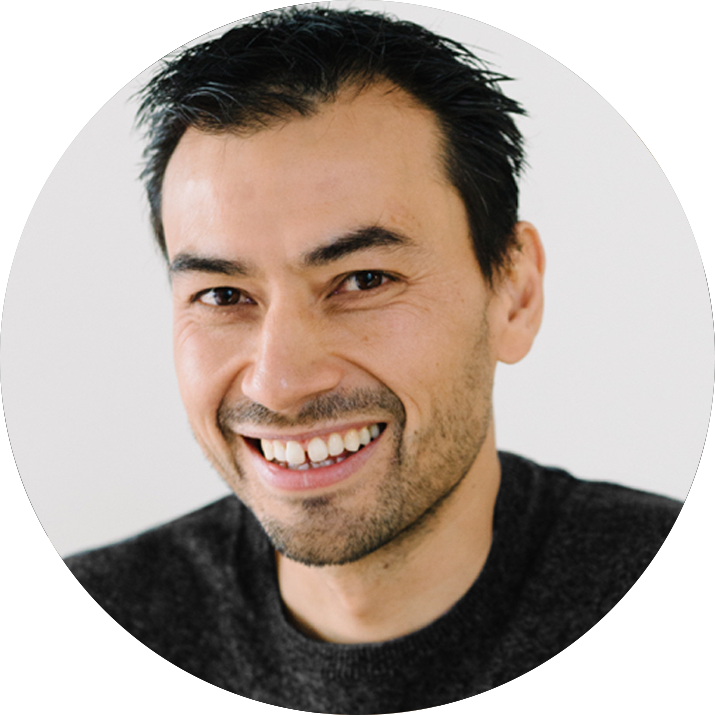 TERENCE TOH
TERENCE TOH
About Us
The Business Coach.
Terence is the founder and Managing Director of StrategiQ Corporation, a serial entrepreneur and experienced business operator who has founded, bought, grown and sold several … see more
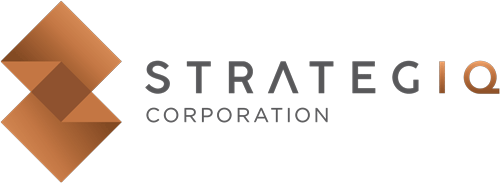
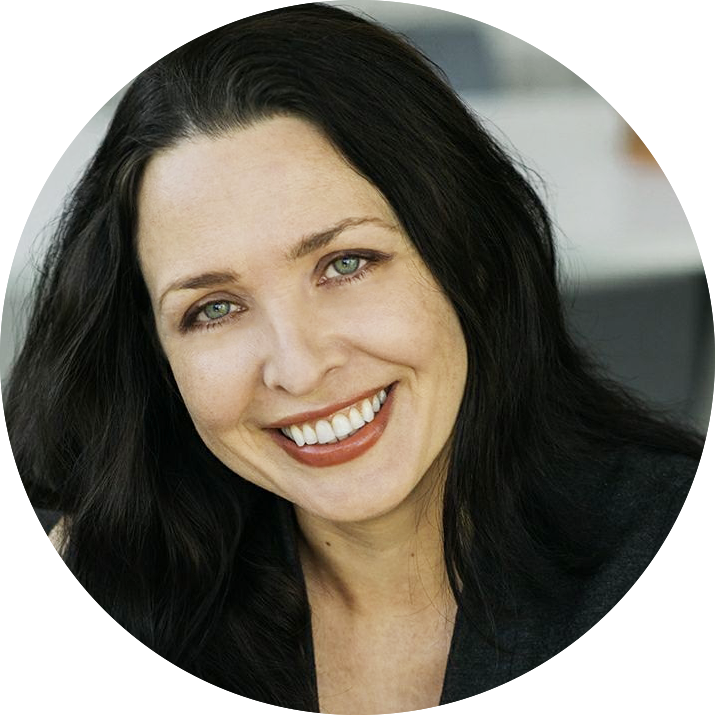 NADIA HUGHES
NADIA HUGHES
About Us
The Super Nerd.
Are you passionate about the ins and outs out of taxation legislation? With Nadia by your side, you don’t need to be. Accounting and financial planning isn’t just her … see more
